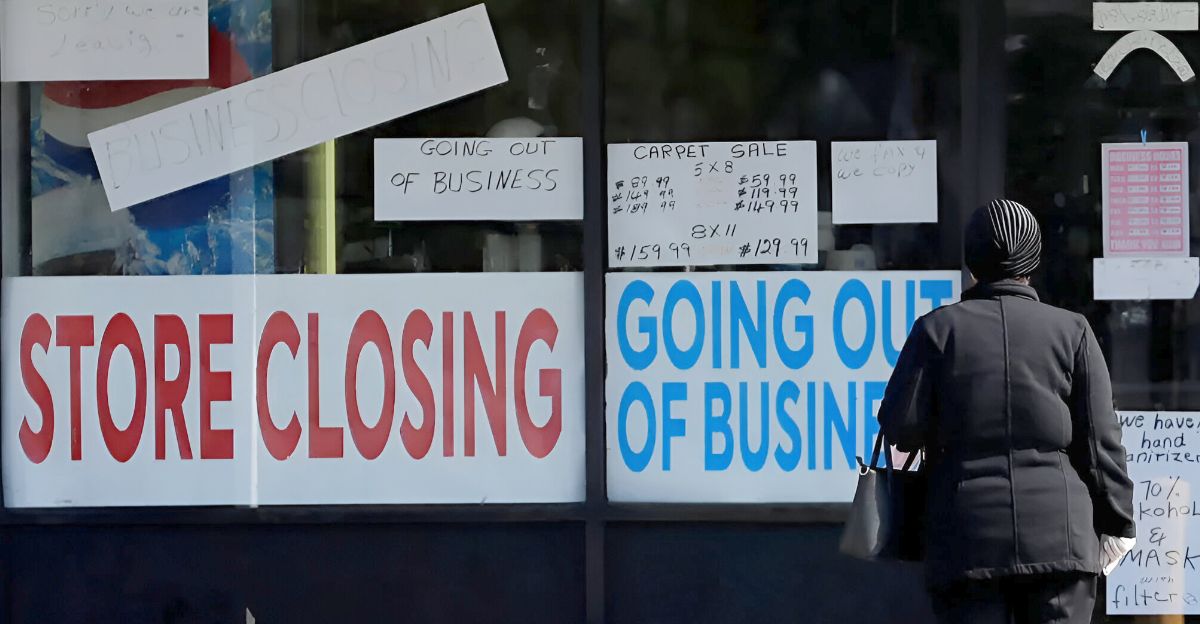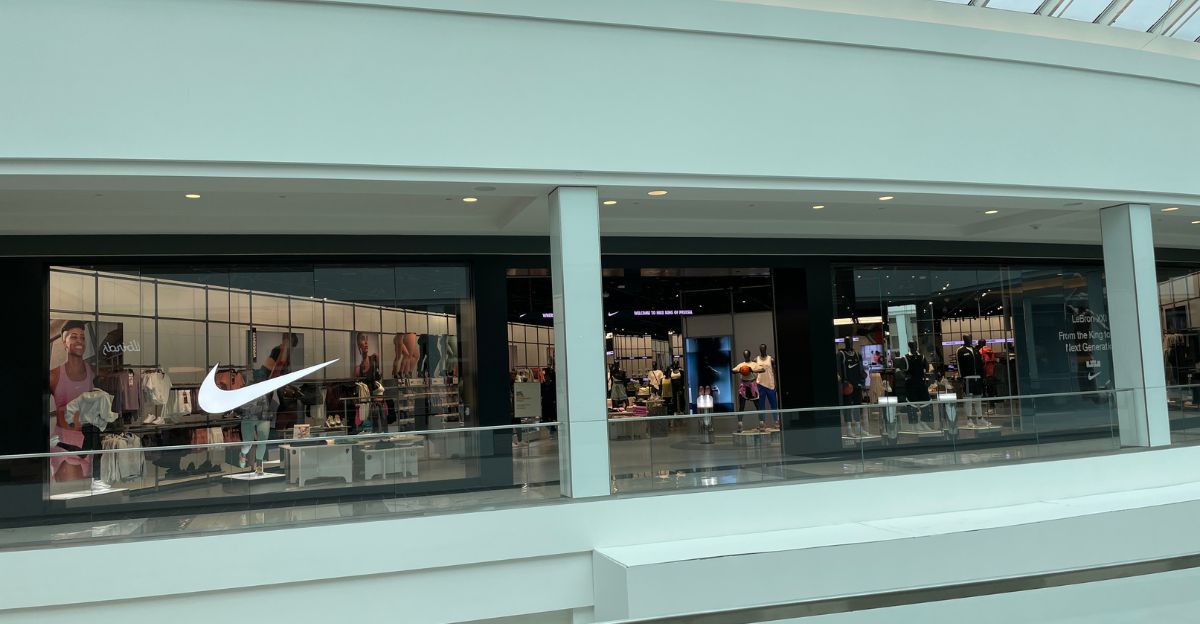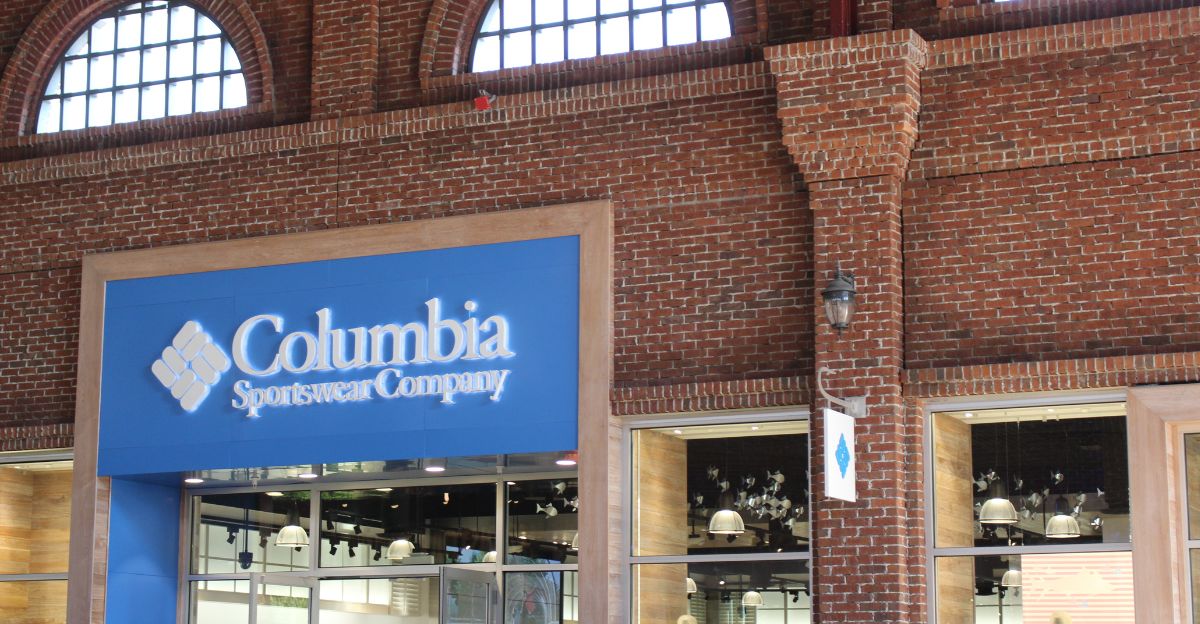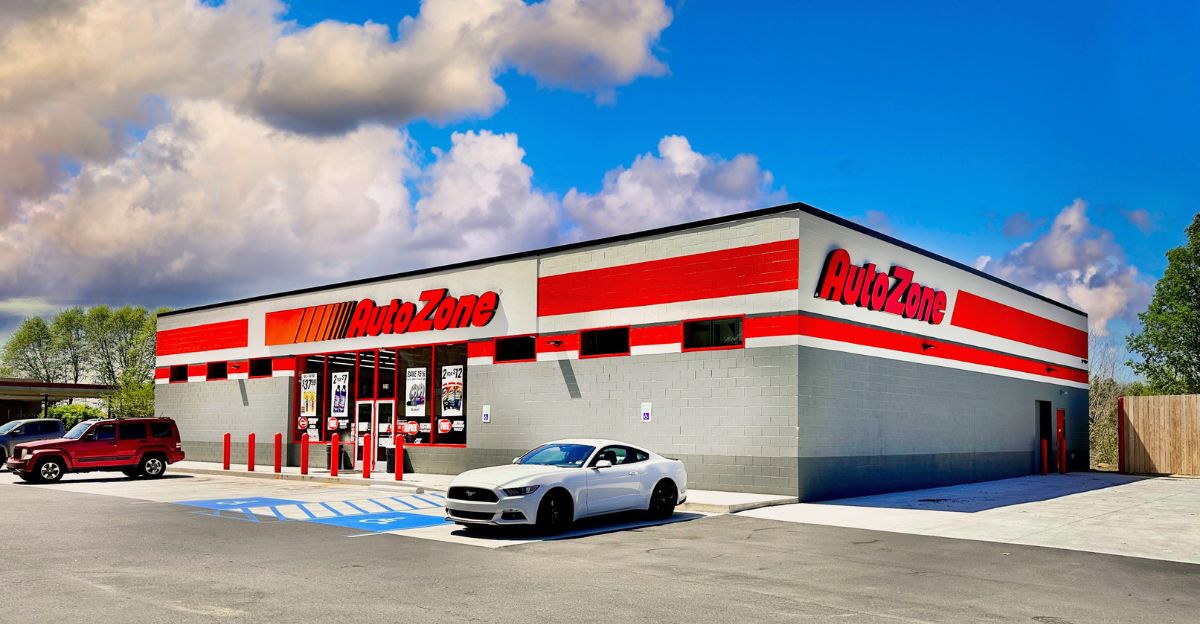
With new tariff hikes rippling through the U.S. economy, many businesses are beginning to feel the strain. From big-box retailers and automakers to online giants and local businesses, the impact of these rising duties has become hard to ignore.
These new tariffs, many of which target goods from China, are increasing costs, squeezing profit margins, and forcing difficult decisions about pricing, sourcing, and staffing. This has caused consumers to pay higher prices for everyday items and services. But let’s take a look at nine major sectors and companies that are about to feel the full force of these tariff increases.
1. Walmart

Walmart is America’s biggest and possibly most popular retailer, but the company is now facing rising costs due to increased tariffs on imported goods, especially those from China. Though much of Walmart’s merchandise is sourced domestically, it depends heavily on imports for electronics, toys, and some of its household items.
The company’s CEO, Doug McMillon, has warned that Walmart cannot absorb all of the tariff-related costs and that prices might increase soon. These changes threaten Walmart’s long-standing promise of everyday low prices, possibly affecting millions of Americans who depend on the store for affordable goods.
2. Target

Target, another retail giant in the U.S., is also struggling with tariff-related cost pressures, which have already played a role in a 5.7% drop in sales in the last quarter. The company has not yet raised its prices but is now focusing on renegotiating supplier contracts and investing in sourcing away from China.
Despite this, analysts doubt that Target will be able to fully offset the increased costs without passing them on to shoppers. As these tariffs continue to disrupt supply chains and squeeze profit margins, Target’s profitability and market position are at risk.
3. Ford

Ford Motor Company is bracing for a major financial setback from the new tariffs, estimating a $1.5 billion loss in 2025 due to a 25% tariff on imported vehicles and auto parts. In response to these challenges, the company has suspended its financial guidance because of uncertainty around supply chain stability and potential declines in sales.
The company is expecting auto sales to drop by about 500,000 units because of tariff-related cost increases. This situation shows how sensitive American car manufacturers are to global trade tensions and rising import duties.
4. Shein and Temu

Unfortunately, popular Chinese online retailers like Shein and Temu are also being affected by these tariffs. These companies are now subject to tariffs as high as 120% or a flat fee per package after the closure of the de minimis loophole, which allowed packages under $800 to enter the U.S. without tariffs.
These new imports are now pushing both companies to either raise prices or reconsider their U.S. market strategies. While they still offer competitive pricing, American shoppers will likely see far fewer ultra-low-cost deals on these platforms.
5. Nike

Nike recently revealed price increases on many of its products, with shoes over $100 rising by up to $10 and apparel by $2 to $10. While Nike has stated that these adjustments are part of routine seasonal planning, analysts attribute the changes to the impact of recent U.S. tariffs on imports from Asia.
95% of Nike’s footwear is made in Asia, making the brand especially vulnerable to import tariffs. These price adjustments are a direct response to increased costs, and experts have warned that other athletic brands could also implement similar changes in the near future.
6. Columbia Sportswear

Columbia Sportswear is also struggling with tariffs on imported materials and finished goods. The company’s CEO, Tim Boyle, has voiced his concerns about maintaining affordable prices for American consumers amid rising costs.
Columbia Sportswear is currently evaluating changes to its supply chain in an effort to manage rising costs, but it has warned that price hikes could be inevitable if these tariffs remain in place. The company’s situation reflects the broader struggles of U.S. apparel brands that depend on manufacturing in Asia.
7. AutoZone

AutoZone is one of the biggest auto parts retailers in the U.S. and is currently passing its tariff-related cost increases directly to its consumers. Philip Daniele, AutoZone’s CEO, has confirmed that pricing will reflect higher import costs due to tariffs, which will affect the affordability of car repairs and maintenance.
The auto parts supply chain stretches over many different countries and is very complex, which means that these tariffs could increase expenses for millions of vehicle owners across the world. This situation shows how tariffs extend beyond manufacturing into everyday consumer expenses, which impact businesses and individuals who rely on affordable automotive products.
8. U.S. Agriculture’s Export Pain

American agricultural producers, including soybean farmers and large companies like Cargill and Tyson Foods, are dealing with steep retaliatory tariffs from China, some of which are as high as 125%. These duties limit access to China’s market, which is the largest for many American agricultural exports.
The American Soybean Association has expressed concern that continued trade conflicts could bankrupt many farmers, putting jobs and local economies in rural areas at risk. This situation shows how susceptible the U.S. agricultural sector is to international political disputes.
9. Small Businesses

Tons of small businesses, which are responsible for nearly half of all U.S. private sector jobs, are extremely vulnerable to tariff increases. Many of these businesses are way too small to absorb these higher costs or to quickly switch suppliers. Apparel, electronics, and specialty retailers are reporting tightening margins and financial stress due to these tariffs.
These companies are not able to raise their prices easily, which is why many of them face closure or downsizing. This not only puts local economies at risk but also shows how tariff hikes tend to hit small enterprises much harder than large corporations.
Discover more DIY hacks and style inspo- Follow us to keep the glow-up coming to your feed!

Love content like this? Tap Follow at the top of the page to stay in the loop with the latest beauty trends, DIY tips, and style inspo. Don’t forget to share your thoughts in the comments — we love hearing from you!